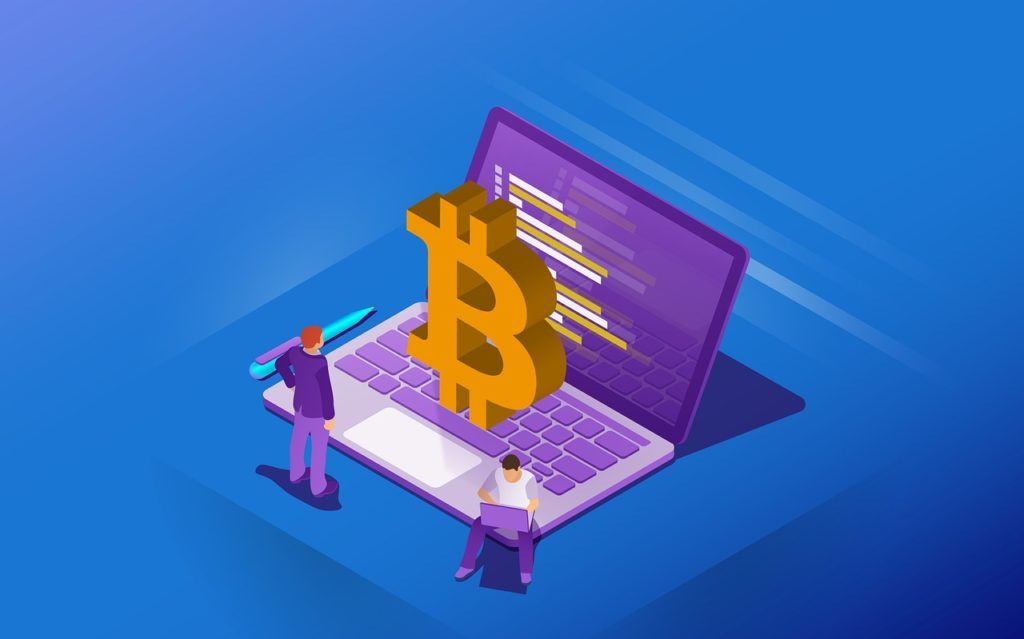Bitcoin, an open source blockchain ledger goes beyond transferring cash from one point to another. You will come to discover its numerous, yet expanding attributes. The following are some practical applications, presently being scrutinized by the community.
Micro Transactions/ Payments
Picture the possibility of making a purchase for your favorite cup of coffee, or stripping off annoying adverts from a TV series by making a small payment. These and much more micro payment ideas can be implemented via Bitcoins’ efficiency and effectiveness. Get more information on Bitcoin micro payment technology and future designs/ upgrade, and implementations currently being carried out to bring micro payment to mainstream.
Internet of Things & Automated Solutions
The term Internet of things was first coined in 1999 by Kevin Ashton. Simply put, machines automate transactions between one another. This is made possible by Bitcoins capabilities of handling micro payments, bringing about a reduction in operational costs. Picture the possibility of subscribing to a ride sharing service piloted by a self-driving car, and the same car could transact with a fuel vending machine.
Accounts: Multiple Signatory
Bitcoin has a multiple signatory feature whereby a transaction is authenticated by agreed number of persons in a group. An organizations’ board could deploy this to prevent cases of fraud by any member. Banks also make use of this system to curb theft.
Transparency and Flexibility of Transactions
There used to be a huge misconception in the past that Bitcoin is untraceable. The truth is all transactions on the Blockchain though anonymous, are public and transparent. Organizations or using this service, have the freedom and flexibility of revealing or not revealing their true identity on the blockchain to either law enforcement, or members of its community.
Integrity and Trust
The blockchain makes it possible for people who do not necessarily trust each other, carry out transactions safely and securely without a middle man. Individuals and large corporations could leverage off the possibilities of digital contracts (also known as smart contracts in some other domain) and transactions that are irreversible to re-establish agreements and trust especially in a digital space. This makes it impossible for foul play to take place by central authorities; parties involved in a project or business are guaranteed to get paid based on their contributions as agreed in the digital contract.
Controversy/Dispute settlement
Using the multiple signature features, Bitcoin can be deployed in the development of state of the art controversy mediation services. This service is available for users and merchants using Bitcoin. Without having control over the funds of party member, this grants a third party access to reject or approve a transaction in a situation where there is disagreement.
Crowdfunding Campaigns
The Bitcoin protocol allows for processing assurance contracts, whereby startups can launch a condition based crowdfunding campaign. Financial pledges are only taken from the accounts of the contributors only if the targeted number of pledges is attained.
Tips and Donations
Non-profit organizations may leverage off Bitcoins’ transparency, ease of making and receiving payments. Bitcoin offers transparency within organizations, as well ensuring the donors that the funds are being used for the actual cause. Relief materials can speedily reach victims of natural disaster via Bitcoin donations.
Fast Transaction with Low Fees
Bitcoin is rapidly becoming a globally acceptable digital currency with its low transaction fees. It completely eradicates common friction between middle men that often slow down transactions. Bitcoin has a potential of reaching the unbanked of third world countries, thereby reducing poverty.
Globally Accessible
Bitcoin breaks major barriers to entry in international trade and commerce, increasing global access to so many countries that other payment portals cannot seem to reach or intentionally flagged from having access. With Bitcoin, any individual or entity can securely carry out basic transactions of sending and receiving money any time and from any part of the world. Its blockchain makes you your own bank by giving you a public key for sending and receiving money, and a private key which is for your eyes only.
Fraud Control
Bitcoin was made popular for solving the double spending problem common in former digital currencies. It is designed to give its users greater control over their funds at very affordable fees, with top-notch security and further protection from common frauds like hidden charges or chargebacks. With this control comes the need for safety and security of funds stored in wallets. Measures such as 2-factor authentication helps reduce theft, as well as a coined pass phrase for backing up users wallets making it difficult to lose money in the future.
Decentralization and Cryptography
Bitcoin is simply a ledger on a decentralized/distributed network, juiced up with cryptography. This fortifies it from quantum attacks, and consequently avoids a single point of failure that is common with centralized data centers.





